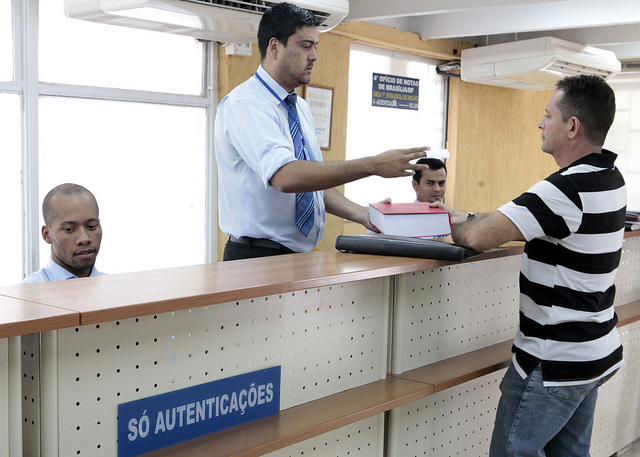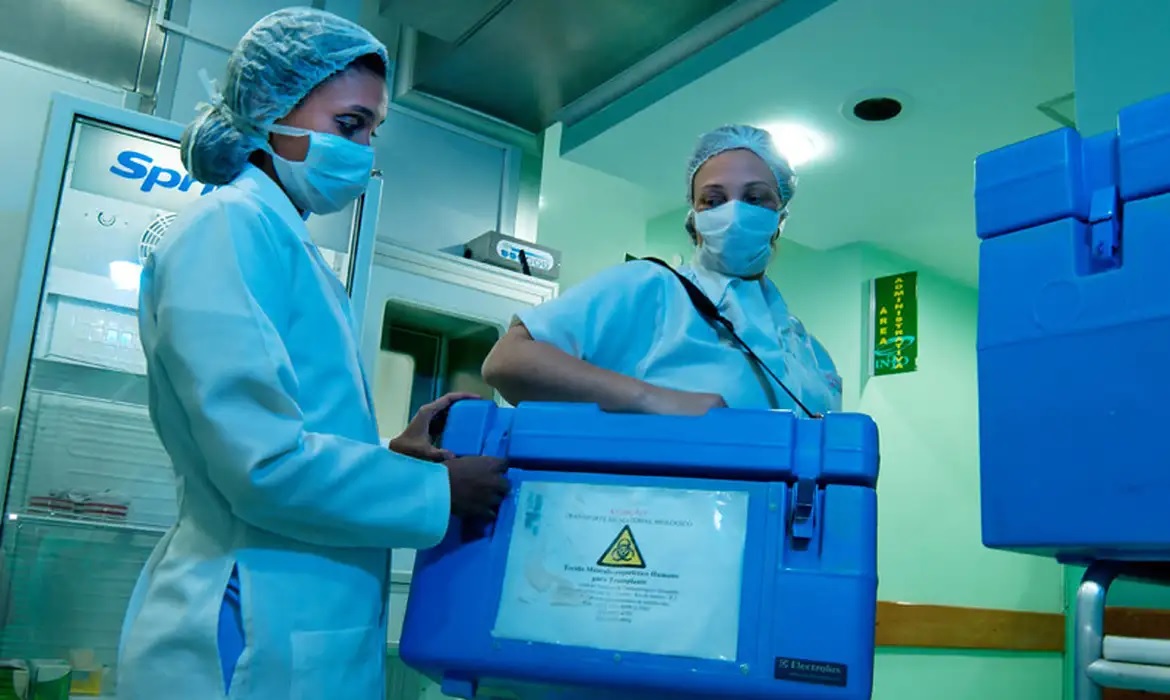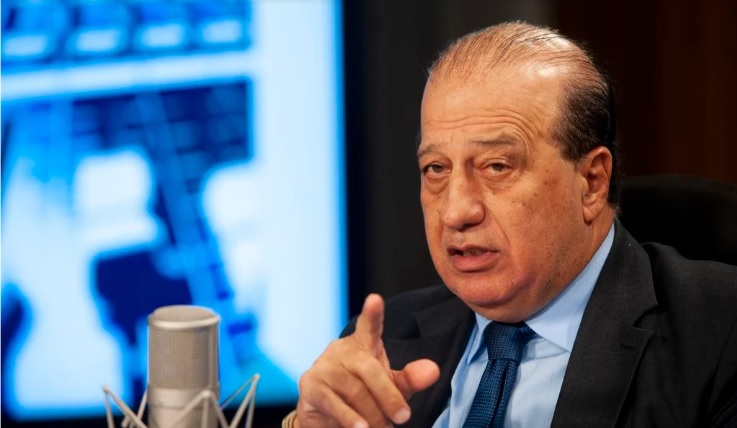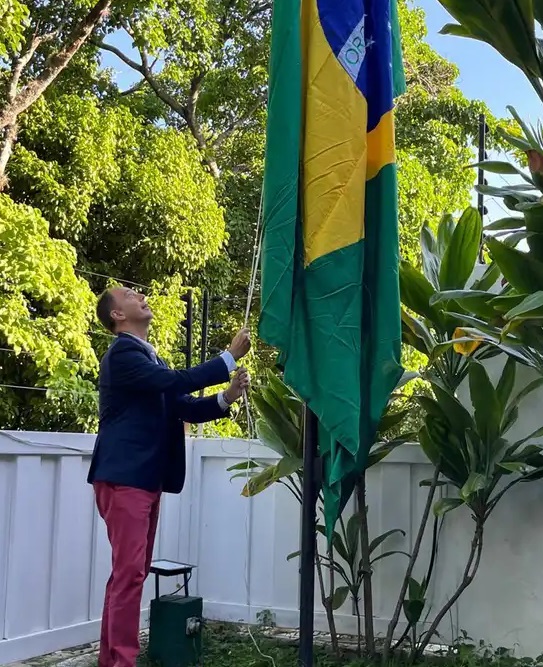São Paulo, Brazil – Brazil has launched an electronic document that allows its citizens to formalize their interest in donating organs during their lifetime. The initiative is called “One Heart: Be Life in Someone’s Life.”
From now on, any Brazilian citizen who wishes to become an organ donor will be able to fill out, for free, an electronic organ donation authorization (AEDO) at any of the 8,300 registry offices in the country. The validation can also be done by digital signature.
The authorizations will be available in the National Transplant System, an electronic system that can be accessed by health professionals at any time to confirm the wishes of the person who died. Citizens may authorize the donation of the following organs: heart, lungs, kidneys, intestine, liver, pancreas, bone marrow, skin and skeletal muscle.
Under Brazilian law, those who authorize donation in the case of brain death are the patient’s family, who need to know the person’s intention to donate their organs. With the new document, this expression of will is permanently recorded in a database.
Currently, there are more than 42,000 people waiting nationwide for an organ transplant. In 2023, 3,000 people died due to the lack of available organs. Most patients are waiting for a kidney donation, followed by a liver, heart, lung and pancreas.
Minister of Health Nísia Trindade said that the campaign will help increase organ donations in Brazil. According to her, organ donations facilitated 9,200 transplants in the country in 2023. The number represents an increase of 13% compared to 2022.
“I am sure that this initiative will contribute a lot to increase the number of donors. Many lives are saved with our individual donation. I am an enthusiast of organ donation and blood donation. Brazil is a reference in this subject,” said Trindade.

The campaign was created by the National Council of Justice (CNJ), which regulates and supervises the Brazilian justice system, and by the Colégio Notarial do Brasil (CNB), an association of the country’s notary offices.
According to the CNJ Judge Luís Felipe Salomão, the goal is to transform the grief of those who died, into the joy of those who can benefit from the organs. “The action aims to further encourage donations. In 2023, for every thousand people who died in the country, of which 14.5% could be potential donors, only 2.6% made the donation.”
The president of the CNJ, Supreme Court Judge Luís Roberto Barroso said the new electronic document speeds up the donation process, in addition to helping the consultation of doctors and family members about the patient’s wishes. “It is necessary to make the population aware that the process is increasingly safer and the effective engagement of everyone could save many lives,” said Barroso.
CNB president Giselle Oliveira de Barros said that the new document solves an important social demand that involves formalizing the desire to donate organs. “Through an official document with full legal validity, made by a notary, it will prove the desire expressed during this person’s life to save the life of someone else,” she said.










